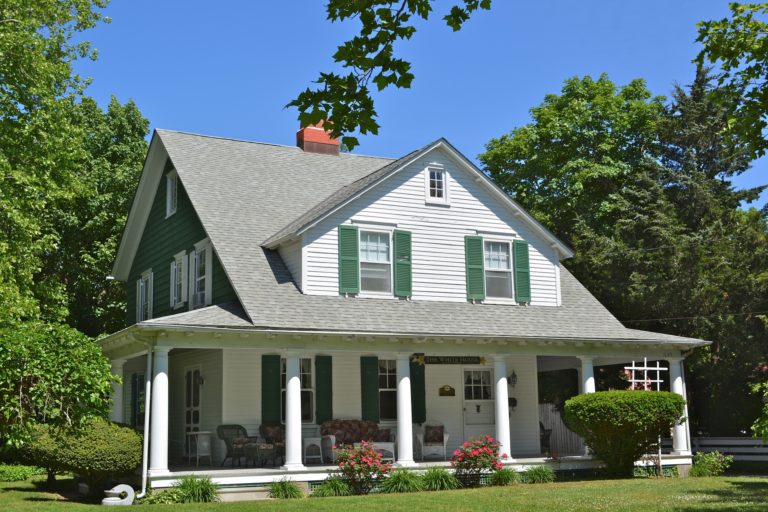Mortgage insurance is generally part of a loan when a home owner puts less than twenty percent down of the value of a property. It protects lenders against loss should a homeowner fail to pay a loan. Even though it insures the lender, it is normally the responsibility of the buyer as a closing cost and additional recurring amount. In some cases, a mortgage company will cover the expense of the mortgage insurance. This blog provides an explanation of lender paid mortgage insurance for Chicago mortgages.
An Explanation Of Lender Paid Mortgage Insurance
Some lenders will provide lender paid mortgage insurance loan options for a higher interest rate. When a homeowner pays mortgage insurance directly, it stays in place while the loan amount exceeds eighty percent of the original price or current market value. So eventually, the monthly payment reduces when mortgage insurance is no longer mandated. With lender paid mortgage insurance loans, this reduction in monthly payment does not take place since the higher interest rate continues for the full length of the loan. The only way to alter it is to refinance.

The Difference Between Owner Paid and Lender Paid Mortgage Insurance
Although the interest rate on lender paid mortgage insurance mortgages may be higher, it might still result in a lower monthly payment for some buyers. Additionally, mortgage insurance may not be tax deductible for buyers whose annual income exceeds certain IRS guidelines whereas mortgage interest is commonly tax deductible. Therefore, selecting an increased interest rate and lender paid mortgage insurance may also lead to greater tax advantages for some buyers.

Assistance with Chicago Mortgages
Lender paid mortgage insurance options can be a good option for certain types of buyers. It is important to analyze the advantages and understand the short term and long-term differences. The above is an explanation of lender paid mortgage insurance for Chicago mortgages and is intended only as an introduction. For a list of reputable local mortgage companies, contact Pat Kalamatas at 103 Realty via phone at (312) 880-7862 or email patrick@103realty.com